A more robust Asia policy expected?
Trump’s cabinet has a preponderance of China hardliners, which has wider implications for the Asia Pacific region while some of its members view Narendra Modi as Reaganesque and a man of the times
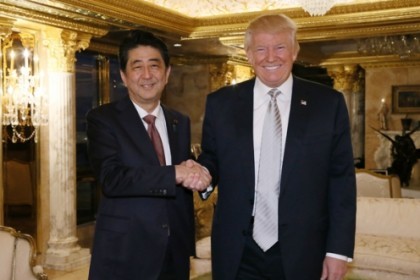 Courtesy: Wikipedia
Courtesy: Wikipedia
Trump’s cabinet has a preponderance of China hardliners, which has wider implications for the Asia Pacific region while some of its members view Narendra Modi as Reaganesque and a man of the times
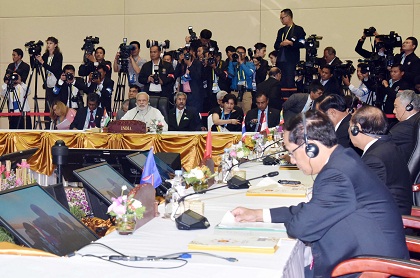 Courtesy: MEA/flickr
Courtesy: MEA/flickr
The year 2017 may change some equations in the East Asian region. Will the near parity that the U.S. and China currently share turn into a keener contest? Will strained relations between India and China persist? Donald Trump’s election as the next U.S. president casts the spotlight squarely on these inter-state relationships
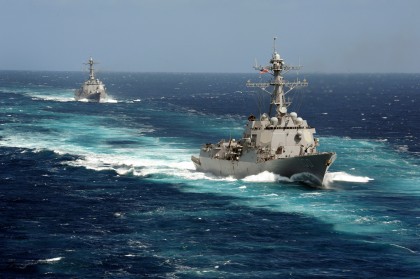 Courtesy: U.S. Navy / Wikipedia
Courtesy: U.S. Navy / Wikipedia
Philippine President Rodrigo Duterte has sought to sever ties with the United States, a declaration that has elicited much skepticism. The West Pacific is in for some realigning of relationships if he makes good on this threat.
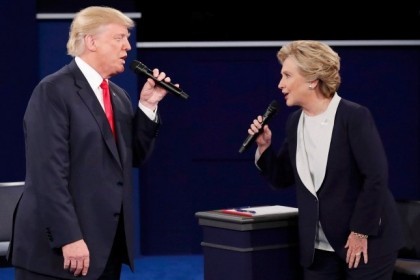 Courtesy: Reuters
Courtesy: Reuters
This excerpt was transcribed from The Gateway House Podcast episode, 'U.S. Elections: Trump’s down but not out' which is part of the special miniseries on the U.S. election and its foreign policy implications. In the episode, Ambassador Neelam Deo discussed the larger foreign policy implications mentioned by the presidential candidates at the second Presidential debate on Sunday night
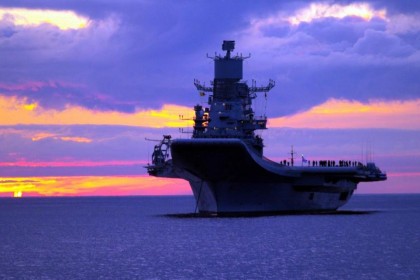 Courtesy: Wikipedia
Courtesy: Wikipedia
India's policy towards the Indian Ocean has begun to take a clear, coherent form with the signing of the Logistics Exchange Memorandum of Agreement with the United States, an important bilateral visit to Vietnam by Prime Minister Modi, and an ambitious future being laid out by Foreign Secretary Jaishankar
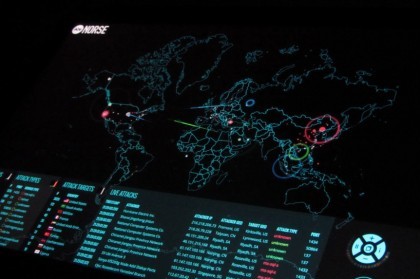 Courtesy: Christiaan Colen / Flickr
Courtesy: Christiaan Colen / Flickr
The recent cyber attack on Ukraine’s power grids is indicative of the cyber space becoming the most useful tool for perpetuating geopolitical rivalries. Many countries are rapidly expanding their offensive cyber capabilities, and it appears the militarisation of cyber space is complete.
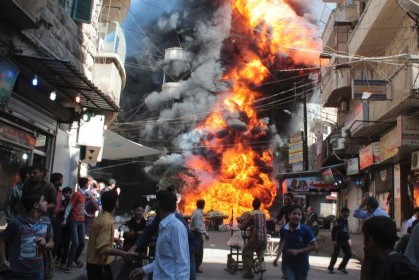 Courtesy: Youtube
Courtesy: Youtube
The world has witnessed a number of upheavals in the past few years, precipitating widespread global political turbulence stemming from geo-economic instability. Over the next couple of months, Gateway House experts will attempt to deconstruct these events and how India and its foreign policy can work to take advantage of these trends.
Former United States Ambassador Frank Wisner talks to Gateway House about the progress of U.S.-Iran relations in the aftermath of the P5+1 nuclear deal with Iran, including the U.S. response to Iran’s testing of a missile. He also discusses the U.S. perspective on India’s prospective APEC membership.
 Courtesy: Dawn Endico
Courtesy: Dawn Endico
Today ISIS is the gravest international security threat. To defeat ISIS, the world should pay heed to India’s experience of the need to isolate state sponsors of terrorism. Ultimately, only when Saudi Arabia acknowledges the danger to its own survival from past policies of alleged support to extremist groups, can it be a reliable partner in the fight against ISIS.
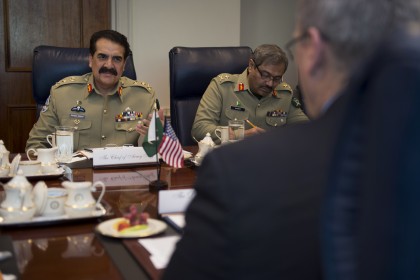 Courtesy: Wikipedia
Courtesy: Wikipedia
Barely three weeks after Pakistan’s Prime Minister Nawaz Sharif’s official visit, the other Sharif -- General Raheel Sharif -- sets foot on U.S. soil, albeit without an official invitation. Will Gen. Sharif get what he wants from the U.S. to further his game plan?